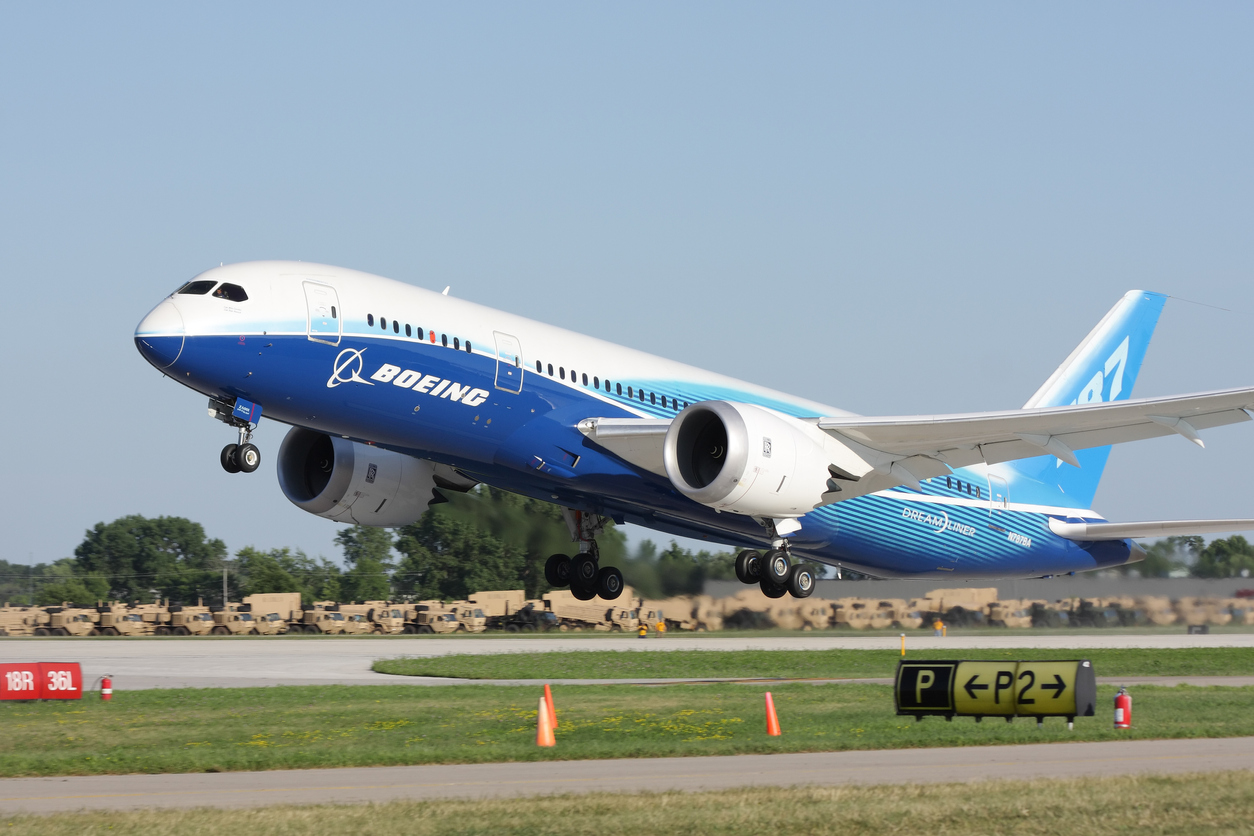Boeing Faces Intensifying Challenges Amid South Korea Jet Crash
Boeing’s tumultuous journey through 2024 has reached a new low following the crash-landing of a Boeing 737-800 in South Korea, claiming 179 lives. This tragedy adds to the aerospace giant’s growing list of crises, including safety concerns, labor disputes, legal troubles, and declining stock value. The crash raises fresh questions about Boeing's ability to recover from years of setbacks and reestablish its once-unassailable reputation.
Tragedy in South Korea: The Fallout
Sunday’s crash of the Boeing 737-800 shocked the aviation world. With only two survivors among the 181 people aboard, the incident marks one of the deadliest aviation accidents of the year. Investigations are ongoing, with initial reports suggesting no immediate connection to the issues that plagued Boeing’s 737 Max model.
“The 737-800 is a proven, safe airplane,” said Alan Price, a former Delta Air Lines chief pilot. Price emphasized that the 737-800 is distinct from the 737 Max, which faced intense scrutiny after two catastrophic crashes in 2018 and 2019.
While the 737-800’s reputation has remained strong, this incident inevitably draws Boeing into renewed scrutiny over its overall safety practices and corporate culture.
A Company Under Siege
The South Korea tragedy is the latest in a series of challenges for Boeing, which has struggled to recover from the fallout of the 737 Max disasters. Those crashes, caused by a malfunction in the MCAS system, claimed 346 lives and led to the grounding of the Max fleet worldwide.
Despite returning to service, the 737 Max continues to face skepticism from airlines and passengers. Boeing’s efforts to rebuild confidence have been hampered by further issues, including a detached door plug on an Alaska Airlines flight earlier this year.
The cumulative effect of these incidents has severely impacted Boeing's financial performance. In 2024, the company’s stock price has dropped over 30%, reflecting waning investor confidence.
Labor Disputes and Production Delays
Boeing’s operational challenges have been exacerbated by labor disputes. A seven-week machinists' strike in late 2023 disrupted production of the 737 Max, as well as other key models like the 777 and 767. The strike ended with a significant pay increase for workers, but the delays in production further weakened Boeing’s ability to meet delivery commitments.
Legal and Regulatory Woes
In addition to operational setbacks, Boeing is entangled in legal and regulatory challenges. Federal regulators imposed production restrictions after the January door plug incident, requiring Boeing to demonstrate improved safety measures before resuming normal operations.
The company also faces ongoing fallout from its July plea agreement to charges of conspiracy to commit fraud. Boeing admitted to misleading the FAA during the approval process for the 737 Max. However, a federal judge recently rejected the plea agreement, citing concerns about potential bias in appointing oversight officials.
These legal and regulatory challenges cast a long shadow over Boeing’s recovery efforts, raising questions about the company’s commitment to transparency and accountability.
Rebuilding Through Reform
To address its crises, Boeing has launched an ambitious corporate transformation initiative. Since January, over 70,000 employees have participated in discussions to enhance safety protocols and reshape the company’s culture.
Leadership changes also signal a shift in direction. David Calhoun stepped down as CEO in August, with a new leadership team tasked with navigating the company through this turbulent period. Boeing aims to foster a culture that prioritizes safety, innovation, and integrity.
Related: Judge’s Ruling Casts Spotlight on Boeing’s Accountability Failures
Related: Boeing Workers End Seven-Week Strike with New Pay Deal: What It Means for the Industry
Competing Against Airbus
As Boeing struggles, Airbus continues to gain ground. The European aerospace giant has capitalized on Boeing’s missteps, outpacing it in sales and deliveries. While Boeing remains a global leader, its inability to meet demand and address safety concerns has allowed Airbus to dominate key markets.
Boeing’s road to recovery hinges on its ability to close the gap with Airbus. This requires not only operational improvements but also a renewed commitment to quality and safety.
The Path Forward
The South Korea crash underscores the stakes for Boeing. Each incident not only risks lives but also erodes trust in the company’s products and brand. Boeing’s ability to navigate this crisis will determine its future as a global aviation leader.
As investigations into the crash continue, Boeing must prioritize transparency and proactive reforms. Rebuilding trust with regulators, customers, and the public is essential to restoring its position in the competitive aerospace industry.









